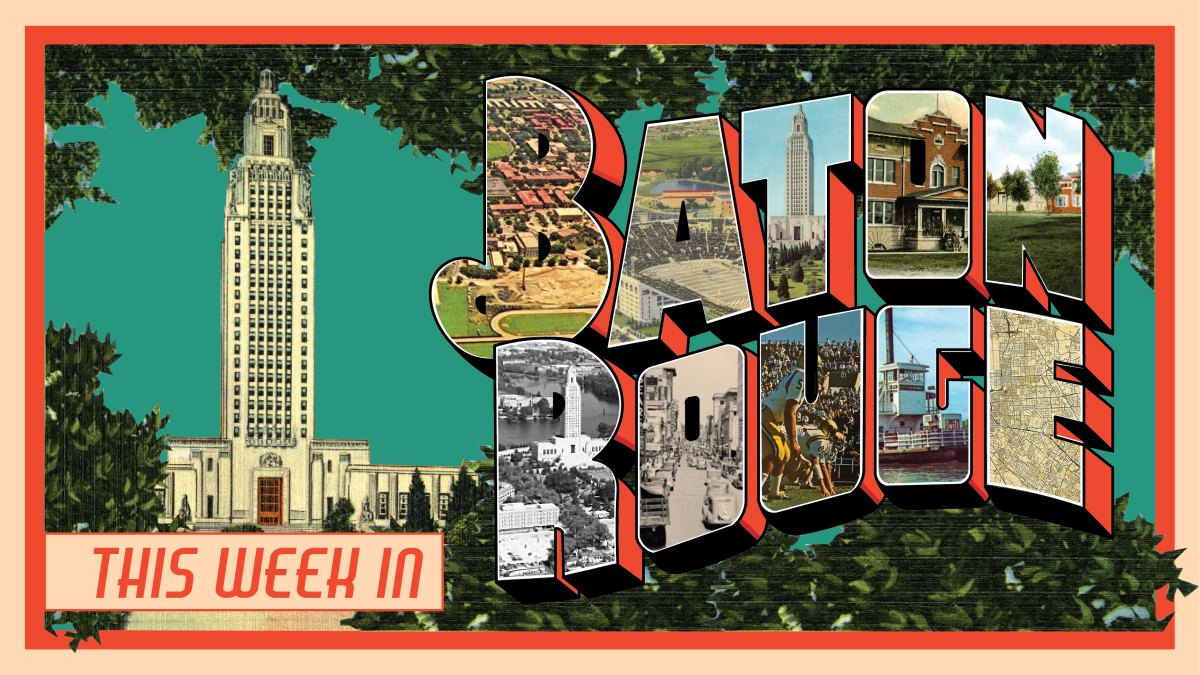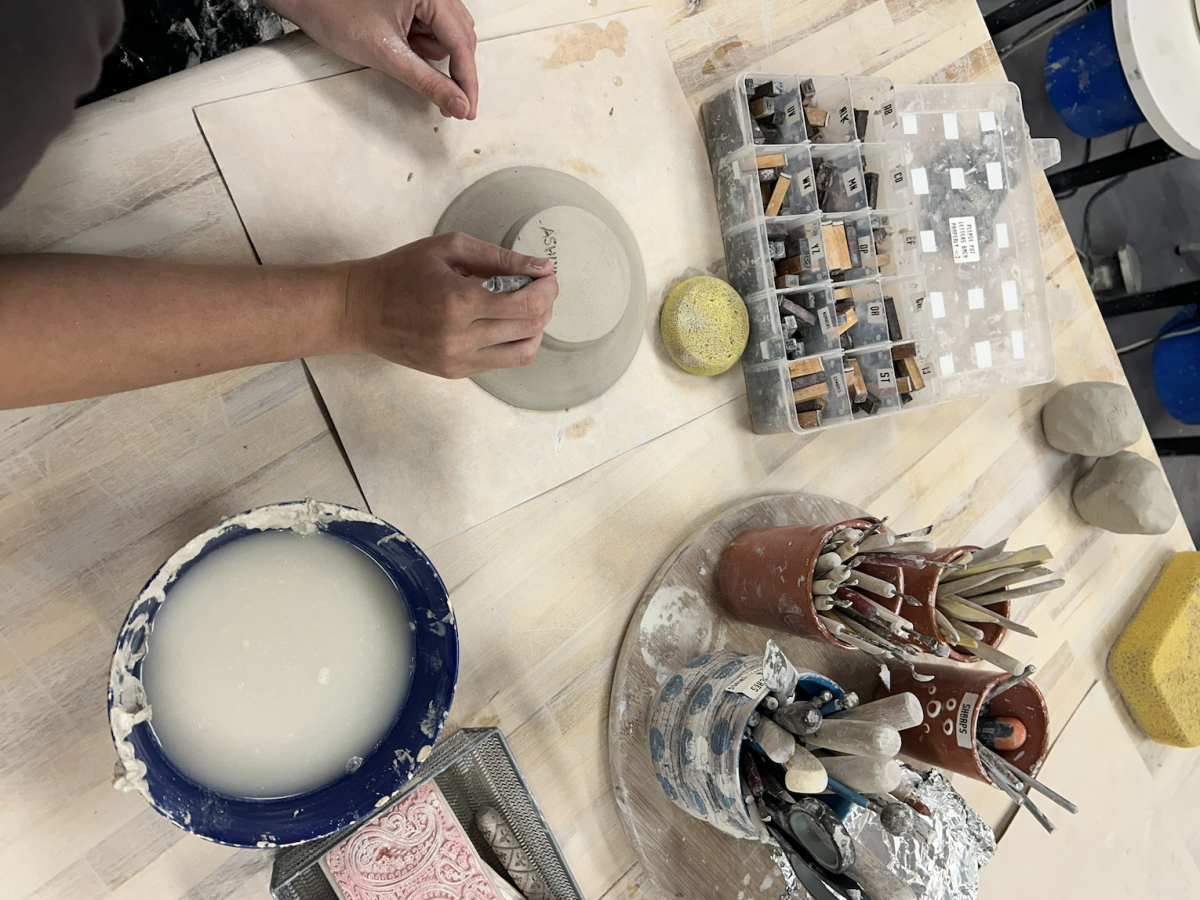The fairytale story of the garage band that gets discovered by a record label and is propelled on a whirlwind adventure to achieve lifelong fame and fortune is familiar to anyone who has ever dreamed of becoming a rock star.
What may not be so familiar — especially to those who have never pursued the rock-star dream — is the intense logistical workload on top of writing new music and rehearsing that becomes part of a band’s day-to-day responsibility to successfully transition out of the garage and onto the stage.
And transitioning to a stage in Baton Rouge is often easier said than done.
Geoff Grice, trombone player and vocalist for local ska/punk band 6 Pack Deep, has been involved in the local music scene for years.
He has experienced firsthand the difficulties and frustrations that come along with playing strictly original music.
“It’s pretty hard because there aren’t a lot of places in town that really help support local and original music,” Grice said.
He said there aren’t enough local bands staying together and playing for long periods of time to spark growth in the number of music venues. At the same time, the lack of venues means bands just starting out must compete for limited gigs against bands that have been performing longer.
Ben Bryan, drummer for the southern rock group State Street Survivors, shares Grice’s frustration with the local music scene.
But Bryan and Grice disagree on the cause of their dissatisfaction. Bryan believes the local music scene suffers from an obsession with cover bands and not from lack of venue support.
“The culture here is not towards going to see live music; it’s going out to drink at a bar and listen to cover bands,” Bryan said.
At bars in Tigerland, bands are usually booked if they can prove to the bar they will draw a large crowd.
“Most bands that we book have a following. We usually don’t just bring in a random band who’s just starting off,” said Kyle Evans, manager of Mike’s Daiquiris and Grill. “If they prove that they can bring in people, then we bring them in.”
On the other side of campus, The Varsity Theatre uses its own system to determine if a band is ready to perform.
Chris Lundgren, Varsity Theatre talent buyer and marketing director, said in an e-mail that he looks for national exposure, previous success in the market and support from local radio stations when deciding whether to book a band.
Even established local bands sometimes find it difficult to prove themselves to venues, and what’s difficult for an established band often looks impossible for a band pursuing its first show.
David Fuller, vocalist and keyboardist for local band Prom Date, said the early stages of booking shows and building a following were tough.
“When nobody knows who you are, nobody pays attention to you,” Fuller said. “You have to force people to pay attention to you without them actually knowing how you sound.”
Fuller said the band’s focus during its early days was getting the Prom Date name out around Baton Rouge in any way it could, which meant consistently promoting the band through friends and acquaintances and playing any and every little show it could.
State Street Survivors, 6 Pack Deep and Prom Date have all achieved varying degrees of local fame, and none of them plan on stopping anytime soon.
Both 6 Pack Deep and Prom Date recently took time to go into recording studios. Prom Date announced its EP “Clock Out” will be released in November, and 6 Pack Deep released “Just the Tip” earlier this year.
Grice compared recording an album to making an investment in a company.
“Really what a band is, is a business,” Grice said. “The idea that you have to spend money to make money is definitely true.”
—-
Contact Andrew Price at aprice@lsureveille.com
Local bands struggle with business side of music, lack of venues
September 16, 2010








